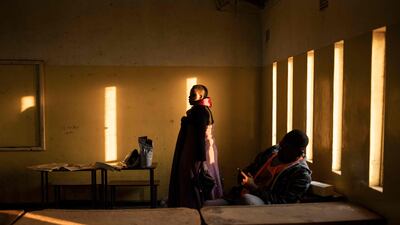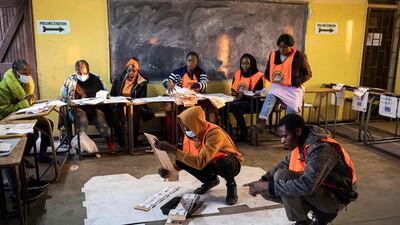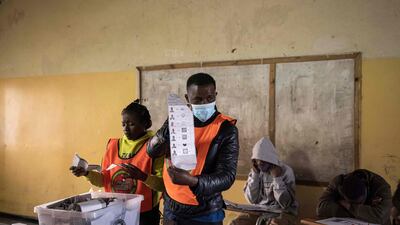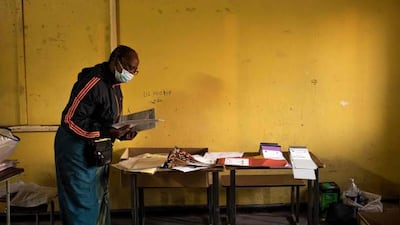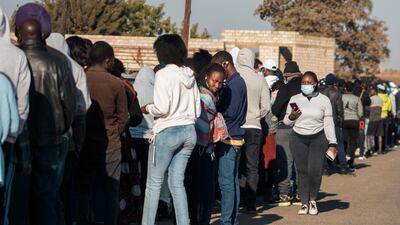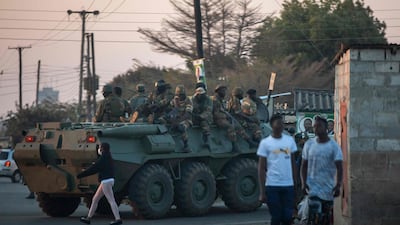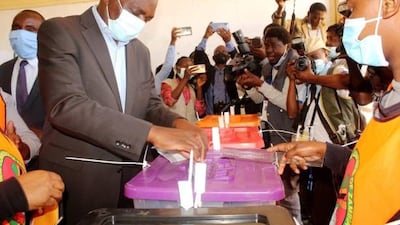Zambia's election commission will on Friday start announcing results of a tight presidential vote between top contenders President Edgar Lungu and main rival Hakainde Hichilema that was marred by restrictions on the internet and violence in three regions.
Electoral Commission of Zambia chief electoral officer Patrick Nshindano said full results will be known within 72 hours of polls closing.
The government declined to comment on the disruptions to the internet, which users said affected several social media sites. Mobile phone networks directed questions to the government. Facebook confirmed it was among those affected.
“We know that temporary disruptions of internet services have tremendous, negative human rights, economic and social consequences, and continue to strongly oppose these,” a Facebook representative said.
The use of social media, such as WhatsApp, is part of everyday life in Zambia and restricting internet access could fuel suspicion about the outcome of the vote, which is seen as too close to call.
On Twitter and Facebook, Zambians said they were using virtual private networks to get around the restrictions on the internet.
“Social media might spark a lot of violence,” police spokeswoman Esther Katongo said on state television, but did not mention the suspension. “If social media is not responsibly used then it can cause a lot of harm to our country, especially at this time when results will be announced.”
Millions of Zambians turned out to vote on Thursday, forcing some polling stations to remain open past their official time of closing, pointing to a large voter turnout.
Queues in parts of the capital, Lusaka, extended for hundreds of metres. That could suggest the turnout in the general election could be the highest since the 1991 ballot that marked the return to multiparty democracy in Africa’s second-biggest copper producer, according Bizeck Phiri, professor of history at the University of Zambia.
“The numbers are very overwhelming,” he told Bloomberg. “It’s unprecedented in the history of voting in Zambia.”
The high turnout of largely younger voters may not be good news for President Lungu’s hopes for a third consecutive victory, Prof Phiri said, particularly as the moribund economy with surging inflation and youth unemployment have become central to the election.
But Mr Lungu, who has been in power since 2015, has already cast doubt on the outcome of the election in three provinces after he accused the opposition of violence on Thursday that killed a ruling party official.
He directed the army to send reinforcements to the provinces, although European and African observers said the vote had so far been largely peaceful.
The winner of the election faces the task of boosting Zambia's flagging economy, which in November became the continent's first country during the coronavirus pandemic to default on its sovereign debt.
